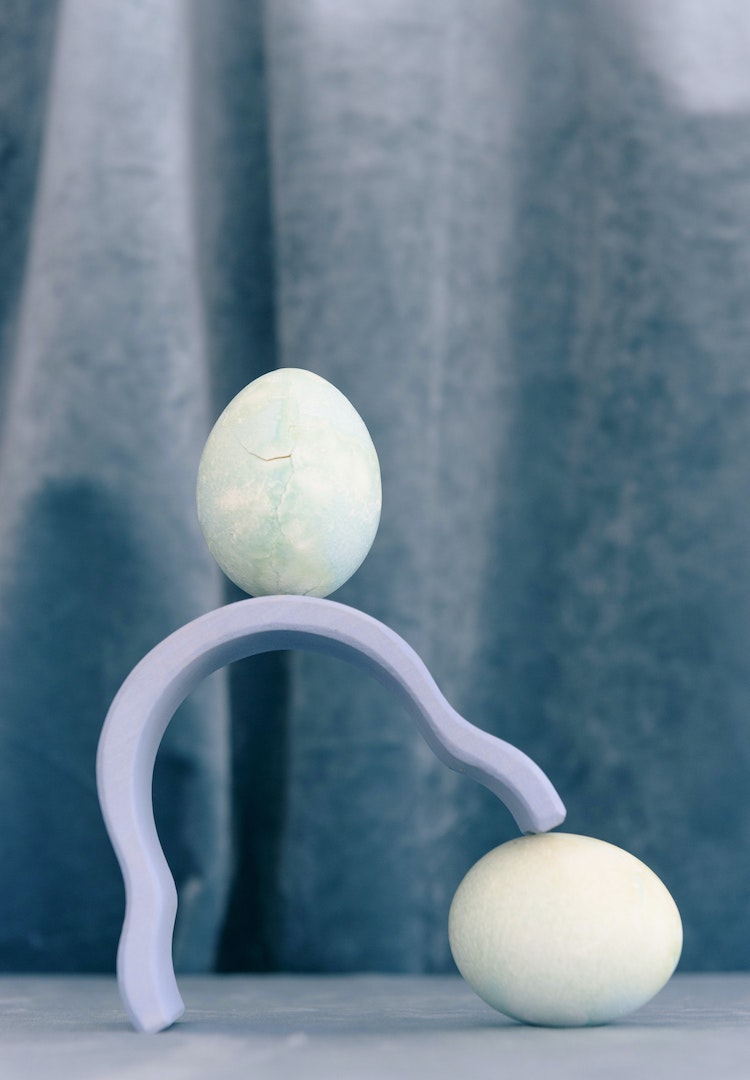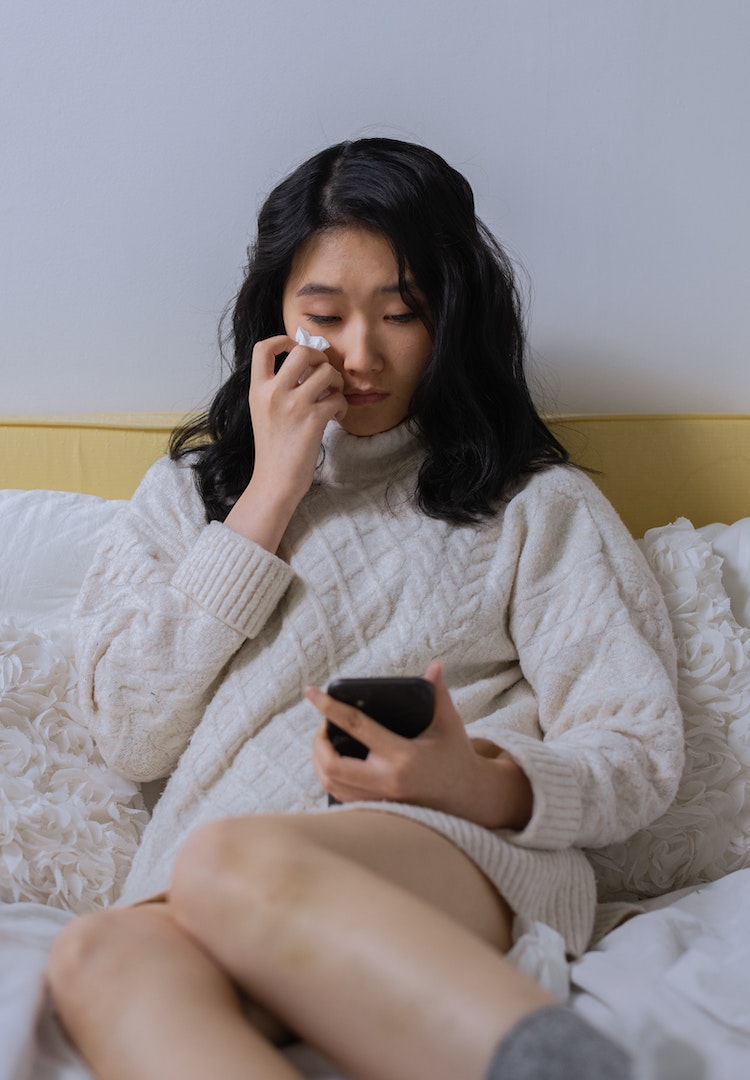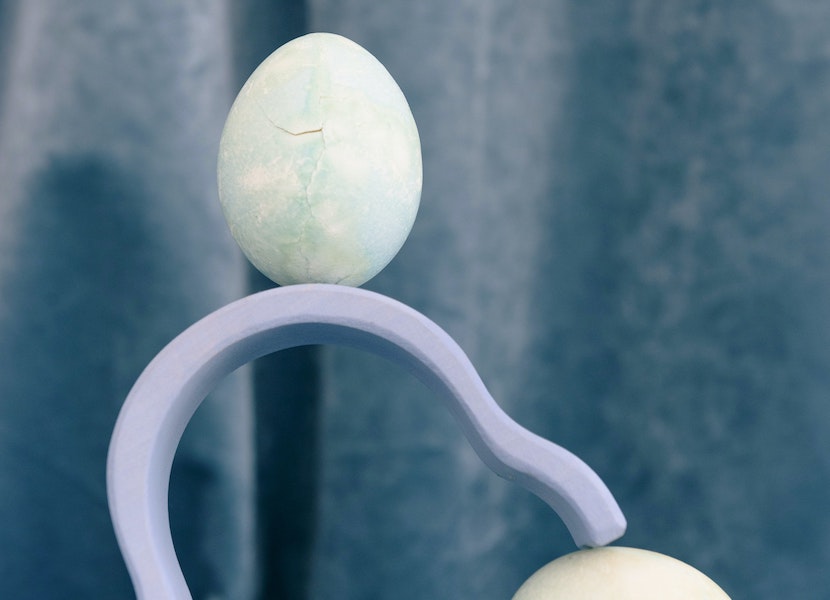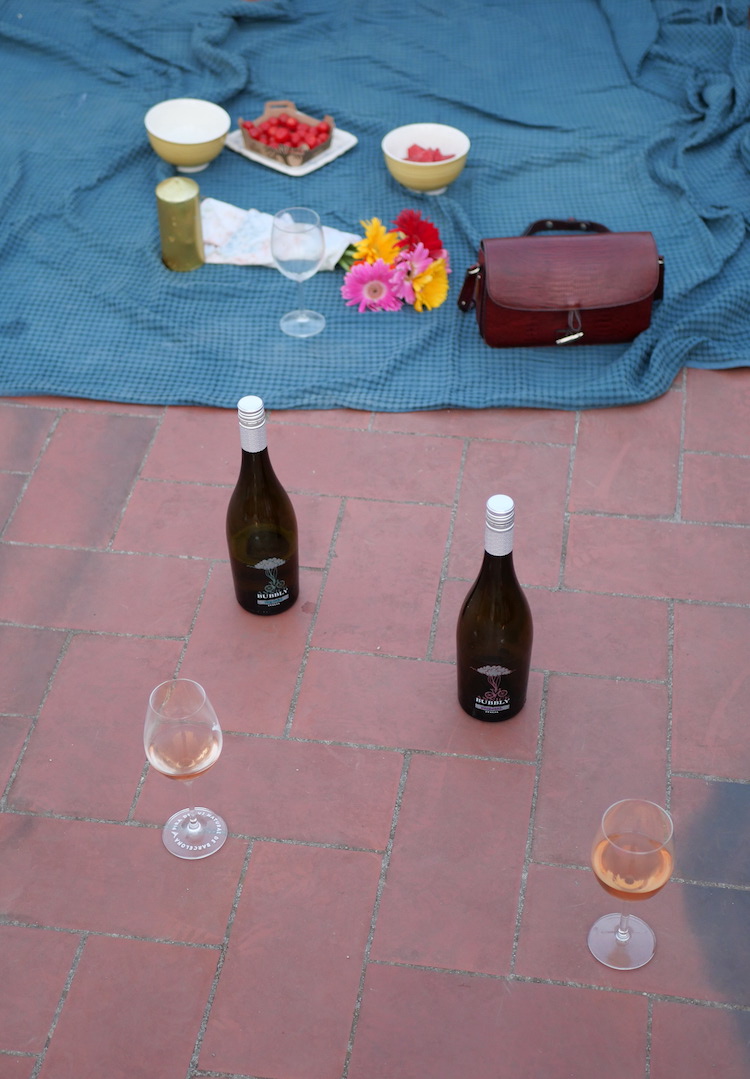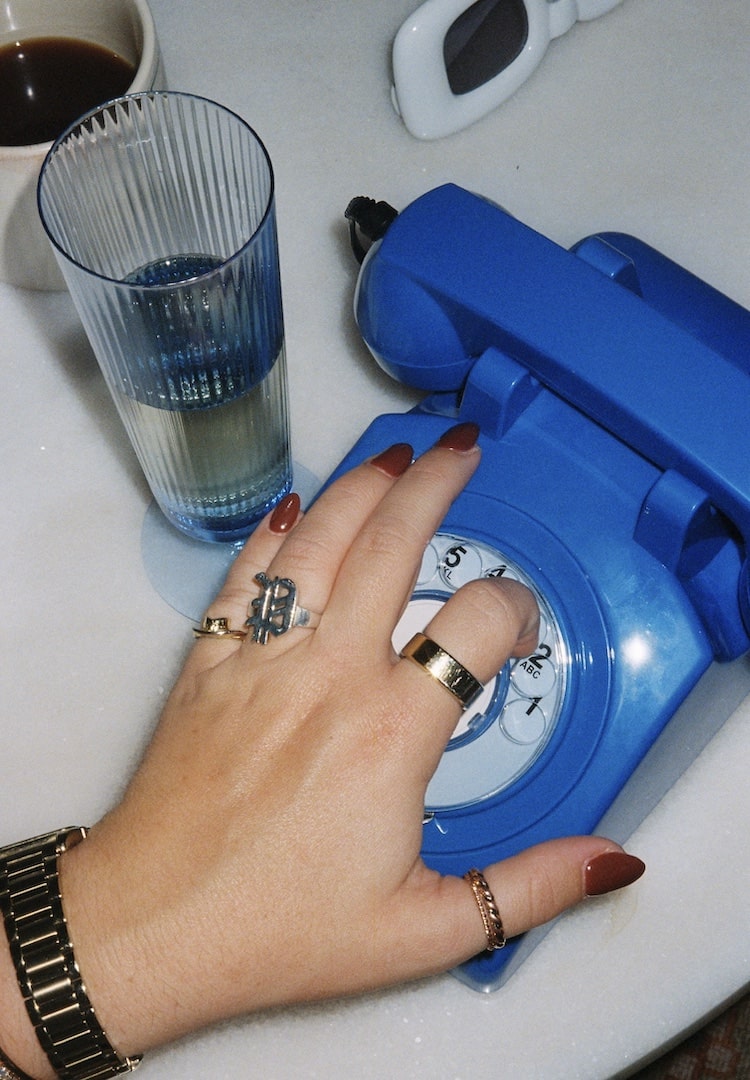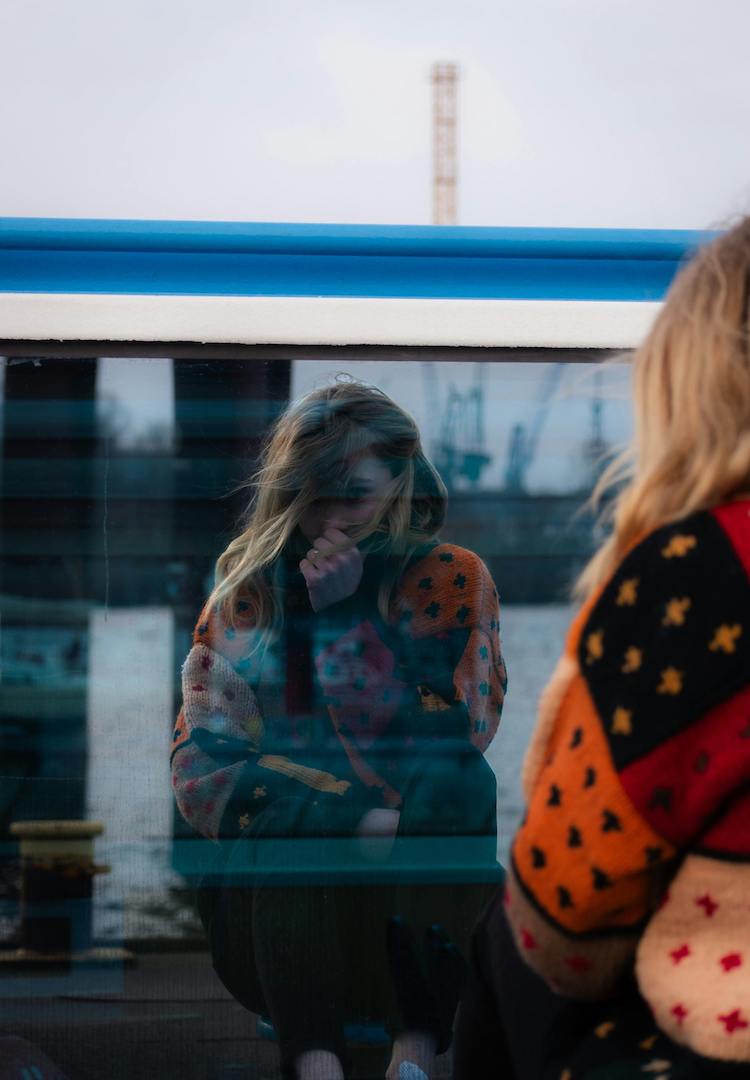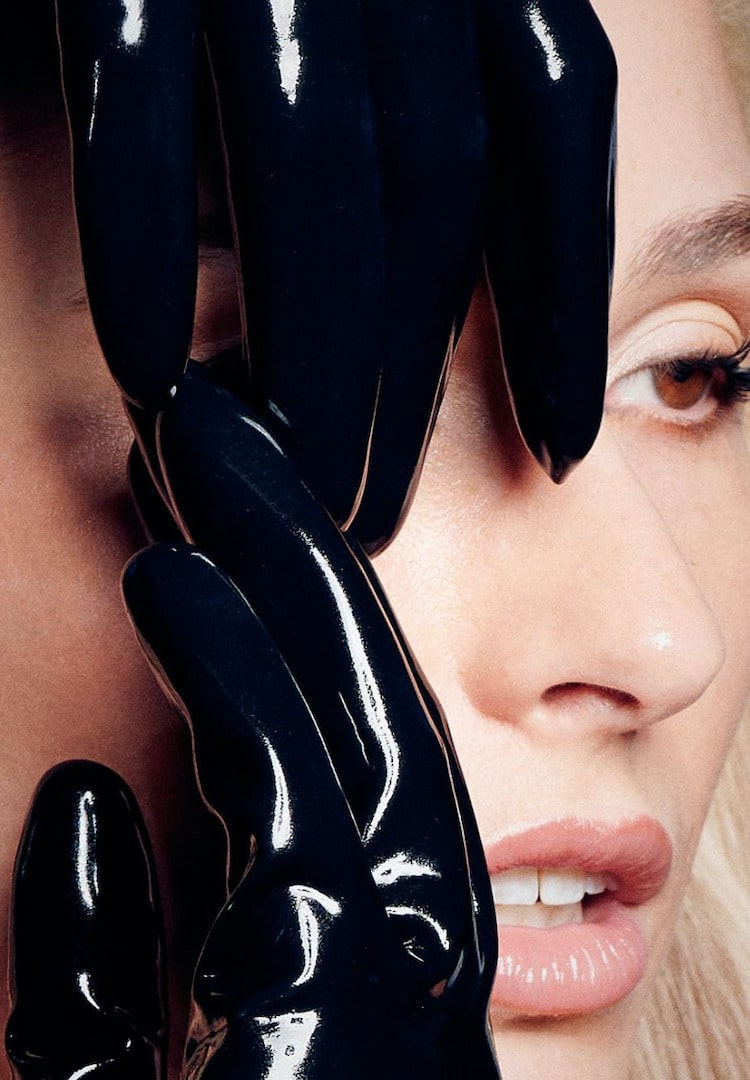How it feels to face your fertility at fifteen
WORDS BY NINA MIYASHITA
“As a young girl, the information didn’t change much in my current life – but I knew one day it might mean a lot.”
I was only 15 years old when a doctor first told me I might have issues with my fertility. I’d been in and out of doctors’ offices due to some irregularities and pain with my period (that now, at 23 years old, they’ve only just started to suspect are caused by endometriosis).
At the time, the doctors browsed through my charts and scans before one of them said, offhandedly, she thought there might be cysts on my ovaries. But she couldn’t be sure.
For more content like this, browse through our Life section.
Apparently, I was too young for them to really do anything about my pain. I was old enough for them to tell me I might be infertile before sending me on my way.
Later that day, I sat down on the school benches with my friends at lunch. While they chatted about their crushes, our upcoming maths test and which movie we should see on the weekend, I was weighed down. I was seriously contemplating whether or not I would ever want to have and carry kids of my own.
It was daunting, to say the least. As a young girl, the information didn’t change much in my current life – but I knew one day it might mean a lot.
How was I supposed to enjoy my carefree youth while making sure I wasn’t letting down the woman I wanted to become? People told me I should just cross the fertility bridge when I came to it. But there was a big part of me that felt like now that I knew, it would be impossible to just put it aside and forget.
Endometriosis currently affects one in every nine Australian women and assigned female at birth (AFAB) people, and there’s a good chance the ratio is even higher than that. A lot of people go undiagnosed and untreated for a long time – not to mention the medical industry has an inexcusable habit of not giving due attention to female and queer-orientated health concerns).
It comes with sometimes devastating degrees of pain before, after and during menstruation. It’s also a condition (like polycystic ovary syndrome) that can make it difficult, or sometimes impossible, to naturally conceive and bear children.
When you’re diagnosed with one of these conditions in your teens, twenties or thirties, it can add a lot of pressure to make up your mind about kids long before you feel ready.
We’re busy pursuing our careers, relationships and every other dream we have the time to chase. Throw infertility into the mix – disrupting the vague plan to ‘just have kids later’ – and things can get emotional, complicated and confusing real fast.
Emily, 29, was diagnosed with endometriosis via laparoscopic surgery two years ago. She’s now had two surgeries for her condition. Her first symptoms started at 13 years old and were continuously dismissed by medical professionals for 14 years. “I only found out about the impact of endometriosis on my fertility after I did my own research, once I had the diagnosis”, Emily tells me.
“However, having constant debilitating pain for so many years had already led me to speculate that I might end up having fertility issues. I thought there must be something seriously wrong before I even had my diagnosis, but as I wasn’t looking to become pregnant in the near future, I’d always thought of it as a ‘later issue’,” Emily continues.
“I’m recently married and nearing 30 now, so obviously children have naturally been on my mind – but I think it’s more of a physiological desire than an active decision. It’s like I can’t help but feel that way, even though I’m not at all ready for it!” she says.
“The thought of something that comes so easily to some women not [being] possible for me does bring me a lot of fear,” Emily says. “But it’s just not something I can allow myself to delve into for my own mental health at the moment.”
And as it turns out, Emily isn’t alone when it comes to mental health issues connected to fertility. I spoke to Dr Justine Schelle, a psychiatrist from FertilityPsych, to find out more.
“Many of the people I see haven’t pursued childbearing due to not having found a partner, or because they were prioritising their career for the past two decades,” she tells me. “But many of them do also have endometriosis, or PCOS, on top of those other things.”
“There is undoubtedly a large emotional impact that your fertility can have on you. Sometimes it’s because you feel as though your body is failing in a role it’s meant to play, others may feel that they’re being judged on a societal level for not being able to have children. Others just find the decision of whether they even want kids incredibly stressful or scary,” Justine says.
So what’s a good course of preemptive action for people who are staring down the barrel of future fertility issues? Freezing your eggs, according to Justine.
“The technology available now for egg freezing and successful embryo formation is so much better than it used to be,” she tells me. “I recently treated a woman who had her eggs frozen in her forties, and they were still viable to be fertilised a decade later.”
Justine notes the sooner you freeze your eggs, the better your chances of conceiving. “Where I can, I recommend women might start to consider doing this early on,” she explains.
She adds a caveat that the surgery is still treated as elective, and as such, it’s very expensive. It’s yet another barrier many women will face when trying to conceive or preserve their ability to make that decision later in life.
But while Justine thinks it’s important to take action, she also says it’s equally important to realise these things still take time. “Your fertility is not something you can sort out overnight,” she tells me. “At times, the subject can be heartbreaking, or certainly just confusing. If you get to a stage in your life where it’s becoming stressful for you, I would highly recommend you seek out a psychologist who specialises in fertility.”
For more on fertility and endometriosis, head here.


